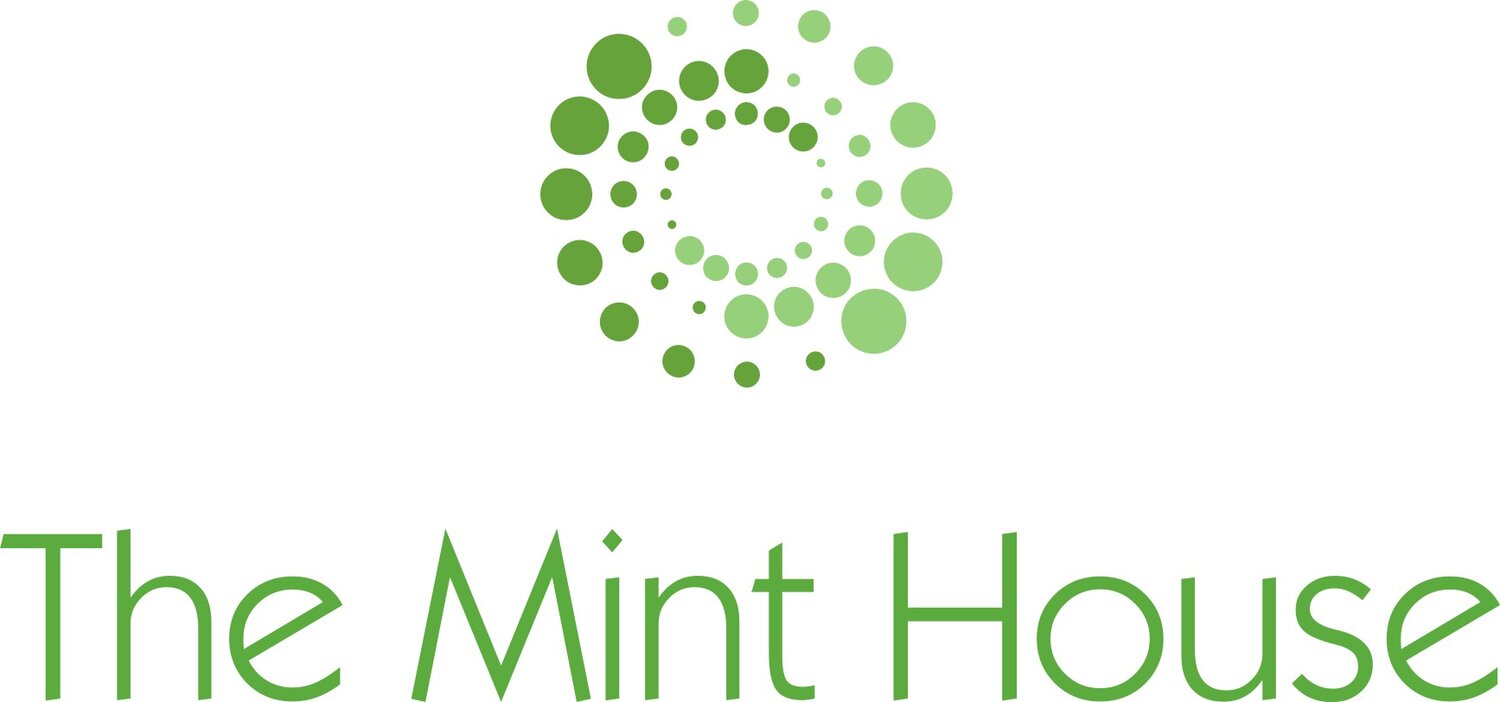by Joy Bettles
We were thrilled to have Dr Clair Aldington (Space2face Shetland) speak at our recent event on her research and experiences in the area of art-making, gifting, and solidarity in restorative justice processes.
Clair is an experienced restorative justice facilitator and has recently completed her PhD at Northumbria University with a thesis titled ‘Drawing a line / the meaning of making, gifting, and solidarity in restorative justice processes’.
At the event, we considered how pieces of art can be powerful and act as conduits of dialogue. Art can be used in situations of indirect restorative justice where there is no face to face meeting and can be an accessible form of engagement in restorative justice for people who struggle to sit still for long periods or find it challenging to express themselves using words.
Clair shared with us several examples of how making and gifting had been used to address harms such as theft, fraud, and assault. It was really interesting to see how different forms of art were used by individuals based on their interests, skills, and what they hoped to convey to those they harmed. Some examples included a garden bench, a tree sculpture, a box with personal messages, and a handmade paper book.
Clair pointed out that in order to engage people with art-making and gifting, it is helpful to not use the word ‘art’ as people often have preconceptions about what ‘art’ means and their ability to produce art. Instead, she suggested that restorative justice practitioners ask participants what they enjoy doing or making and whether they have any hobbies. Using the phrase “Have you made anything before?” opens up a wider pool of possibilities such as candle making, baking a cake, or gardening.
She also encouraged all of us to consider recruiting restorative justice practitioners from a more diverse range of backgrounds, especially the creative industries. Training artists and creators as practitioners would allow them to bring their creative skills into restorative justice work.
Clair’s research will hopefully be published in the near future, so please follow us on social media or sign up to our mailing list for updates! You can also find more information on Clair’s work on her website: https://www.clairaldington.com/



